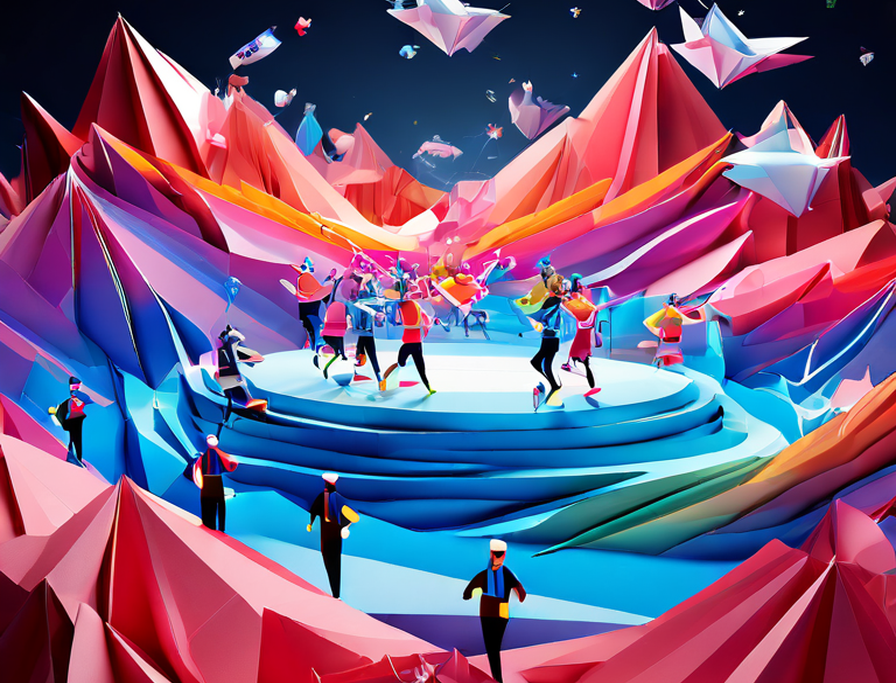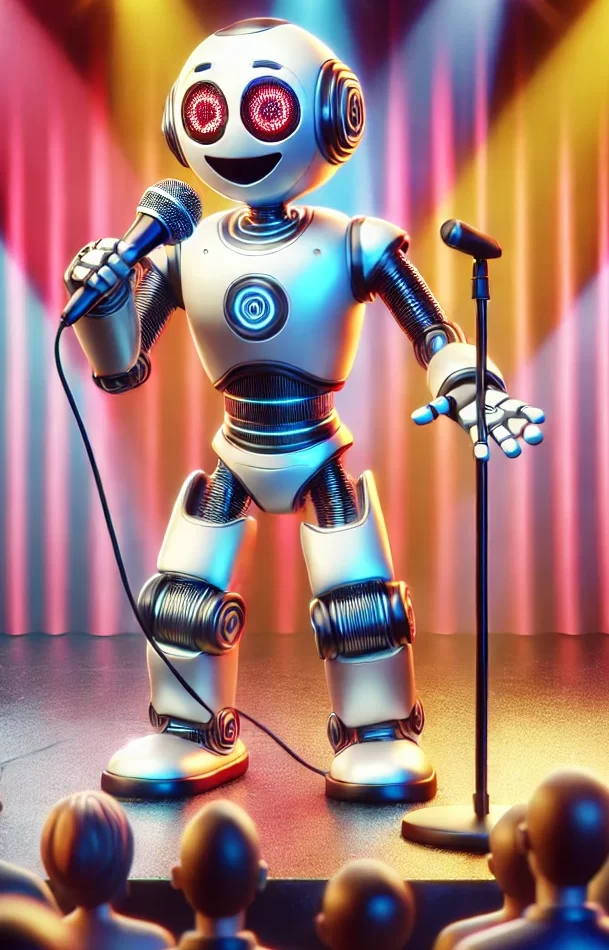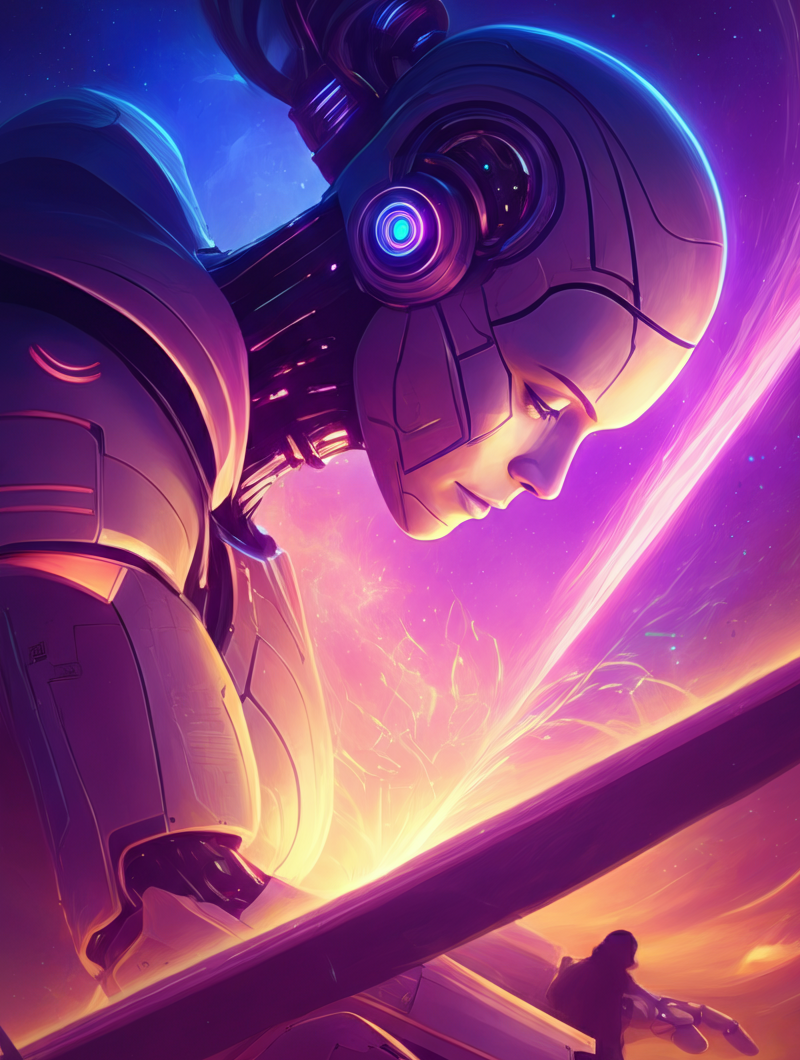The Paris 2024 Olympic Games are set to be a spectacular showcase of athleticism, culture, and technology. Among the many innovations shaping this event, Artificial Intelligence (AI) stands out as a game-changer. Here’s how AI can enhance the Olympic experience for athletes, organizers, and fans alike.

1. Performance Analysis
Real-Time Data Insights
AI can analyze vast amounts of data in real-time, offering athletes and coaches insights into performance metrics. By integrating wearable technology, AI can track heart rates, movement patterns, and fatigue levels, enabling tailored training programs that optimize performance. Additionally, AI can assist in injury prevention by identifying patterns and warning signs of potential injuries before they occur.

As the use of AI continues to grow in the sporting world, it is important to note its impact on the overall landscape. With advancements in machine learning and deep learning algorithms, AI can now provide more accurate and personalized insights for athletes and coaches. This not only improves performance but also helps prevent injuries and optimize training strategies.
One area where AI has shown significant potential is through wearable technology. By collecting real-time data from sensors embedded in clothing or equipment worn by athletes, AI algorithms can analyze and provide feedback on various performance metrics such as heart rate, speed, and muscle activation. This allows athletes to track their progress over time and make data-driven decisions to improve their training. Moreover, AI can also be used for game analysis. By analyzing footage from games or practices, AI algorithms can identify player movement patterns and help coaches make strategic decisions. For example, by tracking a player’s sprinting speed and distance traveled during a game, AI could suggest when the player may need rest or when they are best positioned to make a play.

In addition to performance enhancement, AI also plays a crucial role in injury prevention. By monitoring an athlete’s movement patterns and biomechanics, AI can identify potential areas of weakness or improper form. This information can then be used to adjust training and prevent injuries before they occur.
Predictive Analytics
Machine learning algorithms can predict outcomes based on historical data. Coaches can use these insights to refine strategies, adjust training regimens, and prepare athletes for specific competitors, enhancing their chances for success.
2. AI Can Enhance Fan Experience

Personalized Content
Organizers can use AI algorithms to deliver personalized content to fans, including customized schedules, ticket recommendations, and exclusive behind-the-scenes access. This creates a unique and engaging experience tailored to individual interests.
Virtual Assistants
AI-powered chatbots can assist fans in navigating the Olympic venues and providing information on events, transport options, and accommodations. This helps enhance the overall experience by ensuring that fans can access timely information at their fingertips.
3. Security and Safety

Facial Recognition Technology
AI can improve security measures through facial recognition technology. This system can identify individuals entering venues, helping to enhance safety protocols and streamline entry processes, ensuring a secure environment for attendees.
Predictive Policing
AI can analyze crime patterns and deploy resources effectively during the Games. By predicting potential security threats, law enforcement can take proactive measures to ensure safety for athletes and spectators alike.
4. Infrastructure Management

Smart Venue Management
AI can help manage the logistics of venues more effectively. By analyzing data related to crowd movements, facility usage, and resource allocation, AI can optimize the functioning of every venue, ensuring seamless operations throughout the Games.
Energy Efficiency
AI can contribute to sustainability efforts by optimizing energy consumption across Olympic venues. Smart systems can monitor usage in real-time and adjust energy flows to reduce waste, aligning with the Olympic commitment to environmental responsibility.
5. Training and Skill Development

Virtual and Augmented Reality
AI-driven virtual and augmented reality can simulate training environments, allowing athletes to practice under various conditions. This technology enhances skill development without the physical strain of conventional training methods, making it particularly valuable for high-impact sports.
Feedback Mechanisms
AI can provide immediate feedback on an athlete’s technique through video analysis. This allows athletes to make adjustments in real-time, significantly improving their performance and training outcomes.
Conclusion
The Paris 2024 Olympic Games present a unique opportunity to harness the power of AI across various aspects of the event. From enhancing athlete performance and improving fan experiences to boosting security and managing infrastructure, AI has the potential to redefine how the Olympic Games are experienced.
By integrating these advanced technologies, the Paris Olympics can set a new standard for future sporting events, showcasing athletic excellence and the innovative spirit of our time. The future of the Olympics is not just about sports; it’s about a holistic experience enriched by technology.



